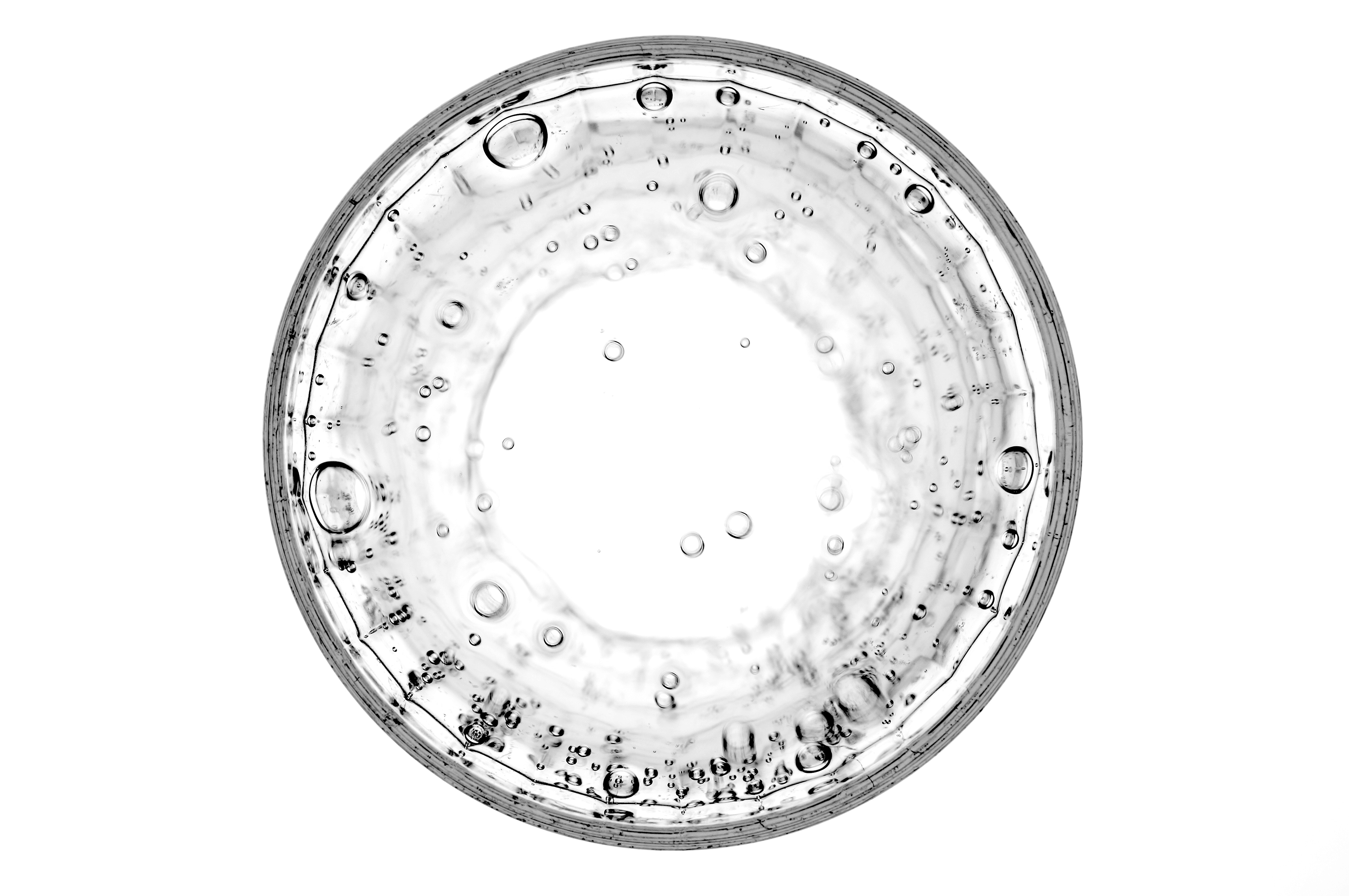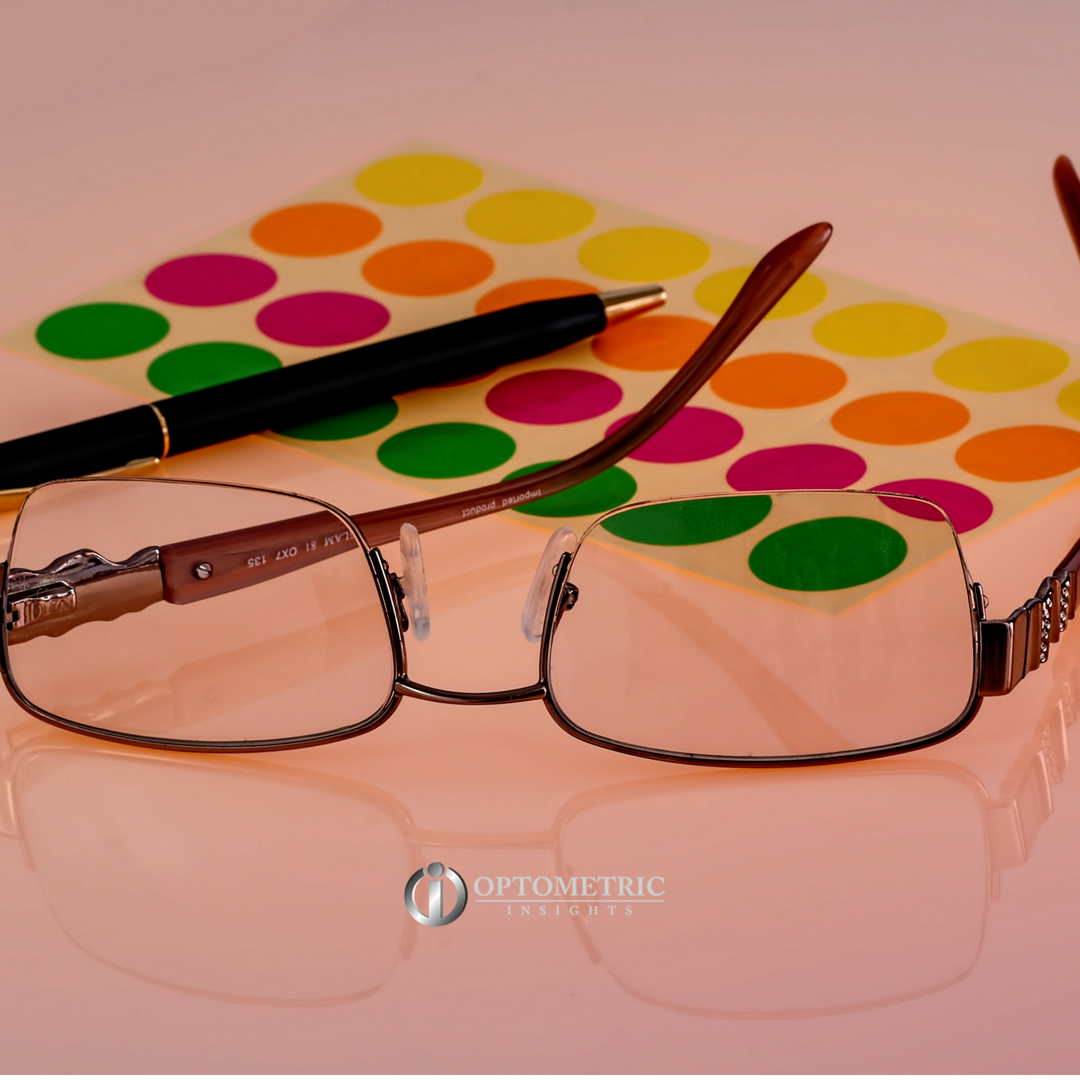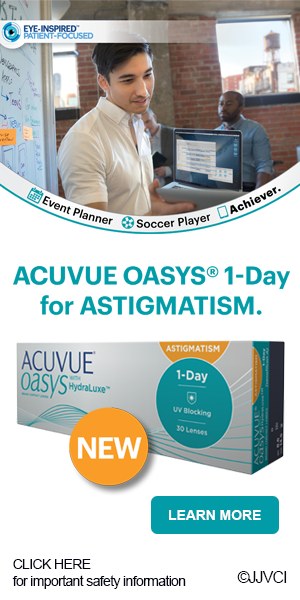
by Optometric Insights | Jun 17, 2018 | Contact Lens Spectrum, Contact Lens Today, Publications
There are some fantastic orthokeratology lenses available. One lens was shown in a study to be successful with empirical fitting more than 80% of the time with the first trial lens using only keratometry readings, a prescription, and horizontal visible iris diameter...

by Optometric Insights | Jun 10, 2018 | Contact Lens Spectrum, Optometry Times, Review of Cornea and Contact Lens
From artificial tear drops to punctal plugs, steroids, and prescription medications, our dry eye treatment options continue to expand. Beginning in 1958, when the first implantable pacemaker was used, neurostimulation has been a meaningful part of healthcare (van...

by Optometric Insights | Jun 3, 2018 | Contact Lens Spectrum, Contact Lens Today, Publications
While on the road visiting an office a few months ago, I saw the “trophy room” of fitting sets that the practitioner had amassed over the last 20 years of practice. While walking through the museum of lenses, it allowed for reflection on contact lenses by reputation,...

by Optometric Insights | May 20, 2018 | Contact Lens Spectrum, Optometry Times, Review of Cornea and Contact Lens
It is commonly known that most of our patients who have astigmatism have cylinder of less than 0.75D. In fact, the majority of those who have astigmatism have less than 1.25D of cylinder (Young et al, 2011). So we pose this question: Is it normal to put a patient who...

by Optometric Insights | May 19, 2018 | Contact Lens Spectrum, Optometry Times, Review of Cornea and Contact Lens
Every day, we encounter patients who love their contact lenses. But, just as often, it seems that we encounter patients who are struggling with their lens comfort or vision. In fact, a study by Nichols et al (2005) mentioned that as many as 52% of patients encounter...

by Optometric Insights | May 18, 2018 | Contact Lens Spectrum, Optometry Times, Review of Cornea and Contact Lens, Review of Optometry
Seventy-three percent of patients report at least one symptom of ocular discomfort or dryness, and 35% of current contact lens wearers report dissatisfaction with their lens wear (Richdale et al, 2007). As clinicians, how should we take these numbers? Do we keep going...










